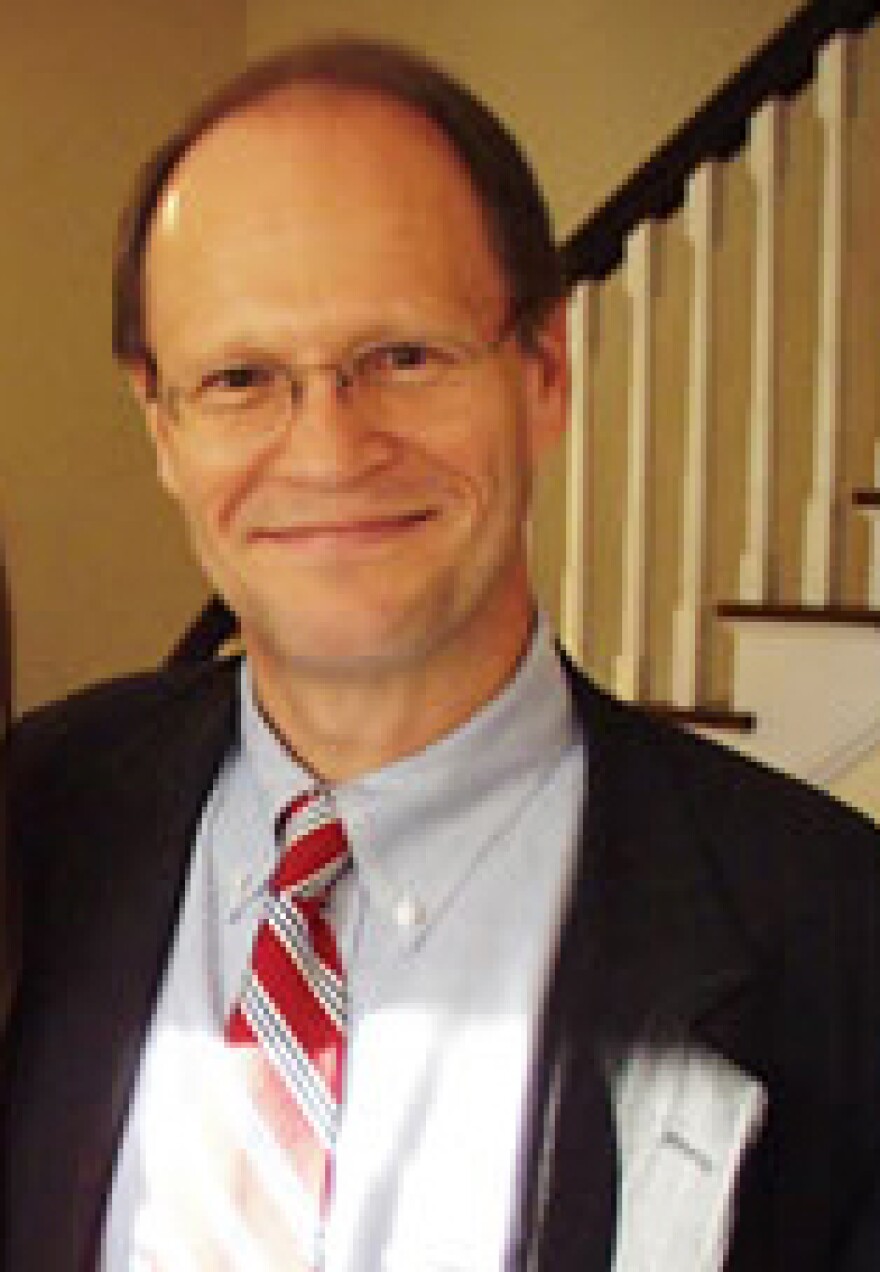Next Tuesday, voters will go to the polls in Raleigh to choose a new mayor. For the first time in a decade, they will pick someone who is not Charles Meeker. Billie Redmond, Nancy McFarlane, and Randall Williams are all running to replace him. And if history is any guide, it will be the last elected position any of them will ever run for. Becoming mayor in the state’s capitol city is hardly a stepping stone to a long political career.
n 2009, Michael Bloomberg spent $ 68 million to win re-election as mayor of New York City. That same year, Charles Meeker spent around $48,000 dollars to win re-election as mayor of Raleigh.
Now Raleigh isn’t New York City, of course, but if you go by all the lists put out by magazines, Raleigh is a place that’s among the best places to live, to do business, to date, and to work in technology. So being the mayor would seem to be a plum gig.
And it is, says Smedes York. He served as mayor of Raleigh from 1979 to 1983. Just the way it’s set up, it’s not a full-time job.
Smedes York: "I actually kept records. It took about 25 hours a week. You can overdo it, but it’s a policy making board. It’s a leadership position, you want to respond to the community, but it’s truly not a full-time job, where you need to be behind your mayoral desk all day long."
Most southern cities are similar. They have a weak-mayoral form of city government. The mayor may lead the council meeting, but she or he doesn’t have veto power or the ability to appoint people to positions. And a city manager runs the day-to-day operations.
NC State political science professor Andy Taylor.
Andy Taylor: "So in those regards, the mayor is constrained greatly in his or her capacity to affect the every day lives of Raleigh residents."
Taylor says Raleigh’s weak-mayoral system likely attracts candidates who are more interested in building consensus than shouting from the bully pulpit.
Taylor: "The power of mayors is also I think less dependent on formal resources or what law and constitutions say and increasingly more dependent upon the attributes, skills, and the political context in which he or she governs."
Outgoing Mayor Charles Meeker may be the perfect example. A fast-talking, whipsmart, bookish man, he has had an amazingly effective ten years in office, by any measure. The rebuilding of Fayetteville street. A massive convention center. Various green projects.
Given his record, and higher than 60 percent approval rating, it would seem Meeker would be a prime candidate for the state legislature or even Congress. But like nearly every Raleigh mayor before him, he’s not interested in a political career beyond City Hall.
Charles Meeker: "If you talk to former mayors who go on to statewide office, they’re often pretty dissatisfied. That actually being mayor is a somewhat better job, you have more influence you can get more done. If you’re a member of a general assembly or governor, you’re really subject to people pushing you to do things, instead of you’re being more of a leader. So actually, being a mayor is a better job."
DeWitt: "And you have no interest in seeking elected office after this?"
Meeker: "No, I’m going to go work at the law firm. That’s my plan."
Not every mayor of a North Carolina city feels the same way. Charlotte has a similar weak-mayoral system, but that hasn’t stopped former mayors Harvey Gantt, Richard Vinroot, and Pat McCrory from running for statewide office. They all lost.
No Raleigh mayor has ever run for U.S. Senate or Governor. Smedes York went back to real estate full-time when he left office.
York: "In my mind, we weren’t necessarily recognized as the best city in the United States when I was mayor, but to be the mayor of a great city that you love, that to me is a great goal to have in and of itself."
Three candidates are running to become the next Mayor of Raleigh. During the short, inexpensive campaign season, they’ve all shown more interest in finding consensus than spouting divisive rhetoric. In that regard, whoever wins and gets their picture hung on the wall at city hall next to all the former mayors, will be right at home.








